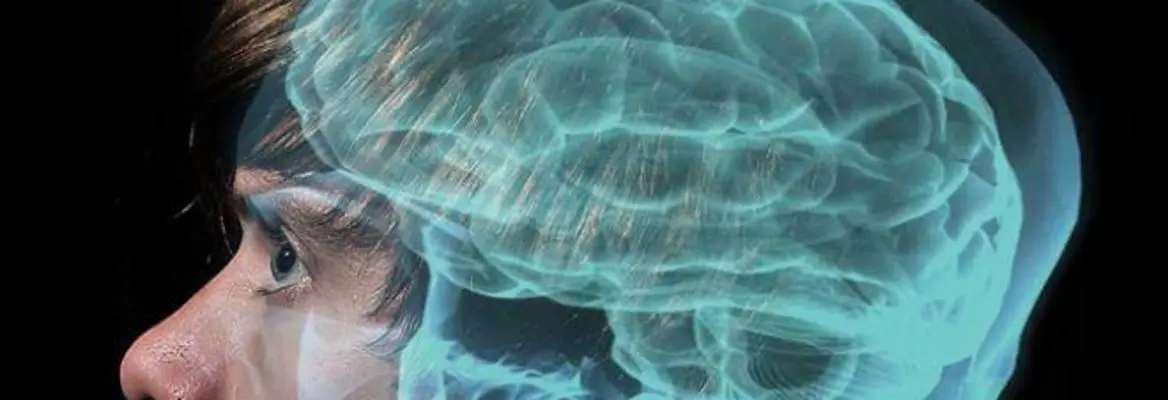We like to think of ourselves as being in control of our own thoughts, decisions and actions – what we say and what we do. But how much do our conscious thoughts and intentions guide our actions? How far does the writ of the conscious mind reach? And just how much of our behaviour comes under its control?
Contemporary neuroscience has been responsible for de-throning consciousness from its central place in the workings of the mind. It is no longer thought of as exercising constant vigilance and guidance over our actions. Instead, many of the things we set out to do happen because of fast and automatic processes in the brain that ensure the fluency of our actions. We anticipate a great deal based on past patterns of perception and action, and this takes the strain off the conscious mind; though the conscious mind still assumes that it is involved in and orchestrating even the simplest actions. We imagine that when we reach for a cup in front of us that we are guiding our hand on the basis of visual experience, correcting the movement, if need be, as we go. However, that would be much too slow. Instead, the brain calculates and predicts the movement needed to achieve the goal. The motor system launches the arm and sends an efferent copy of the predicted sensations. These either match what happens – in which case they are cancelled out – or receive an error signal about mismatch and need to be revised. We are not actually aware of the sensations of the cup in our fingers, or how we made the right movement. We don't need to be. There is also evidence that too much conscious attention to what we are doing in the skillful execution of a tennis shot, or when playing a tricky musical passage on the piano, would ensure a failure to perform them well or at all.
We are often oblivious to the lack of our conscious control over something that we are sure we are deliberately carrying out. A nice experiment by neuroscientists Chris Frith and Marc Jeannerod had subjects using a cursor to draw circles that appeared on a screen in front of them. They couldn’t see the hand holding the cursor, which was below the desk. When the computer was manipulated to produce larger circles on the screen than they were actually drawing, the subjects’ hands gradually adjusted to bring it into line with the movements required to make the large circles. The subjects were utterly unaware they were doing this; they thought they were simply choosing to draw circles of various diameters under their own control. I suspect there are many other instances when we consciously claim responsibility for things we did not consciously do.















Join the conversation